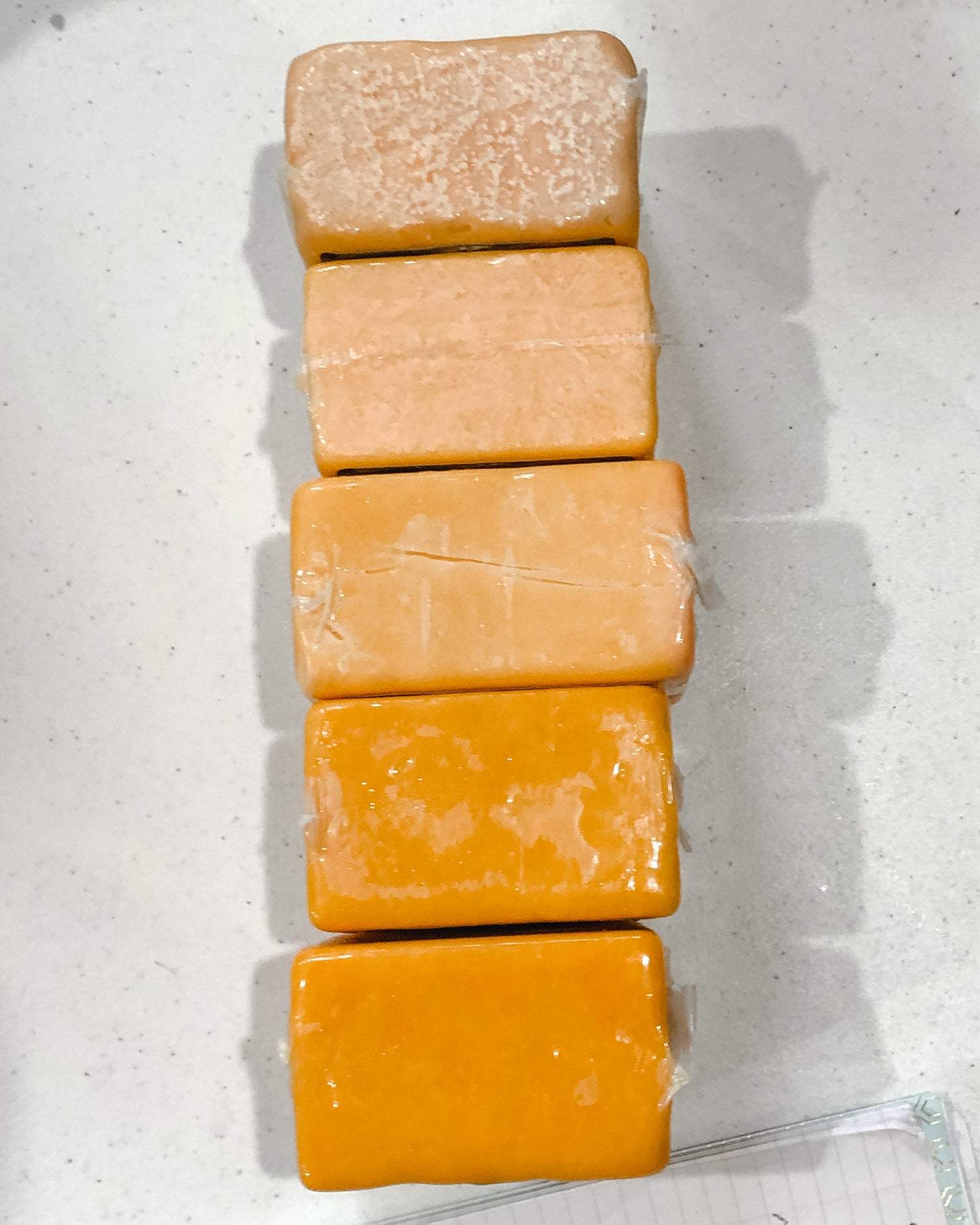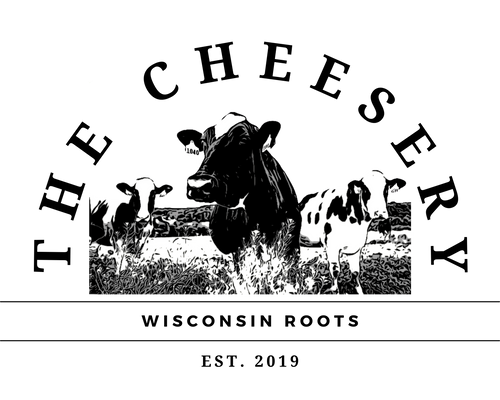Cheese
There's really no denying that cheese makes most everyone happy. If you don't agree with that, perhaps you haven't had any good cheese in your life.
Cheese is:
- Natural and wholesome
- Heart-healthy
- Great source of calcium and other minerals
- Packed with protein
- Full of good fats
- Improves dental health
- Cheese really does make you happy-just google the amino acid tyrosine
How do I store my cheese?
- Blocks of cheese will last 6-9 months in the refrigerator if kept in the original sealed package. Once the seal is broken, it will last about one month. Check blocks for any pinholes in the packaging (especially around the seals)
- Cheese curds will last about a month, though they will taste the best within about 2 weeks after you purchase them.
- Cheese can absorb flavors from other foods, so it's best to keep it away from other pungent foods in your fridge
- Cheese loses flavor and moisture when it's exposed to air, so make sure to keep it covered tight, even in the fridge after opening
- Natural and pasteurized process cheese should last about four to eight weeks in the refrigerator, while fresh and grated hard cheese with higher moisture content should be used within two weeks.
- If cheese develops surface mold, simply cut off about 1/4 to 1/2 inch from each affected side and use the remaining cheese within one week.
Can I Freeze My Cheese?
- Cheese curds are the only type of cheese we recommend freezing. If you don't plan to eat them within the first week or so, freeze them!
- Cheese blocks can be frozen, but it is not recommended. A cheese that has been frozen is best used as an ingredient. The best candidates for freezing are firm cheeses, such as Swiss, and hard cheeses, such as Parmesan.
- I like to freeze cheese that I plan to use in lasagna and hot dishes.
- When freezing cheese, wrap pieces tightly in weights of 1 pound or less.
- Label and date your cheese before storing it at temperatures of about 0°F.
- It’s best to thaw cheese in the refrigerator and use your cheese within a couple of days.
- Freezing cheese will change the texture. Semi-soft and hard cheeses will be more crumbly while softer cheeses will separate slightly. The nutritional value will remain stable.

Is that mold on my aged cheddar?!
Blocks from top to bottom: 10-year cheddar, 6-year cheddar, 4 -year cheddar, 1-year cheddar, Medium cheddar.
The white grains on the outside of aged cheddars are NOT mold! They're called calcium lactate crystals and they form naturally on high quality aged cheddars. These crystals can form on the outside of the cheese and within the block itself. Some say they're the best part of an aged cheddar!
